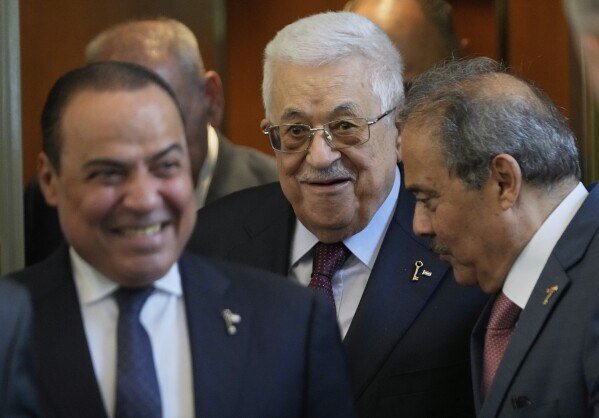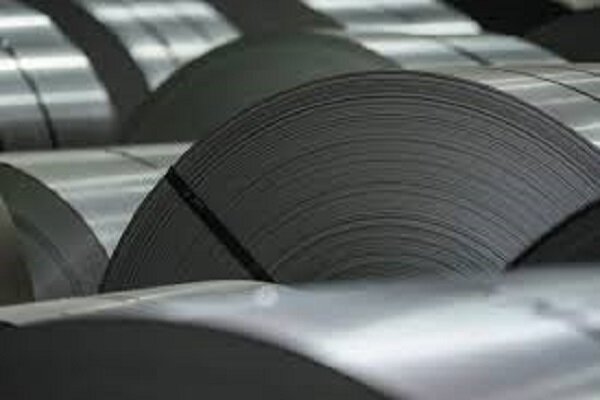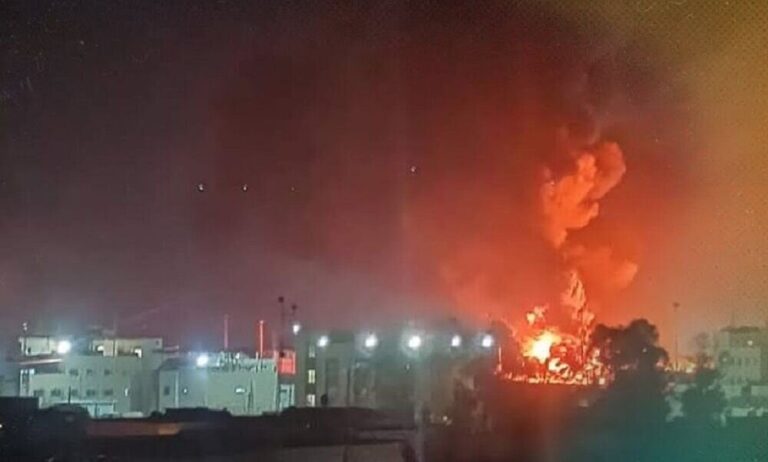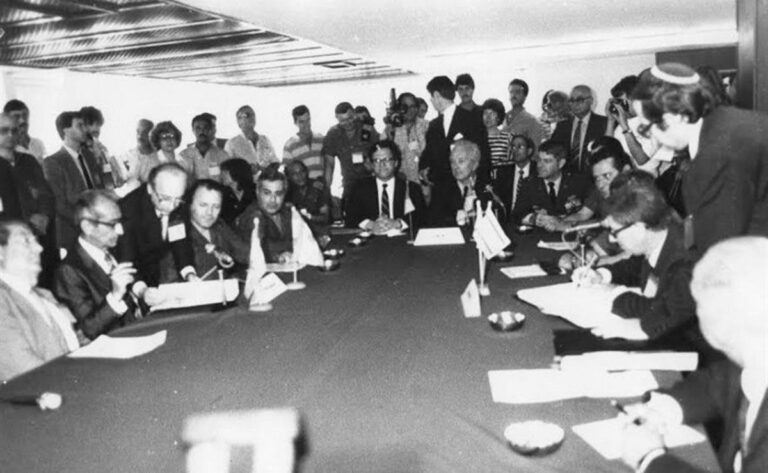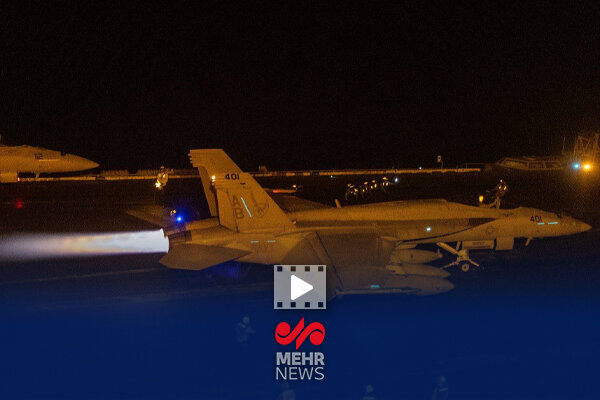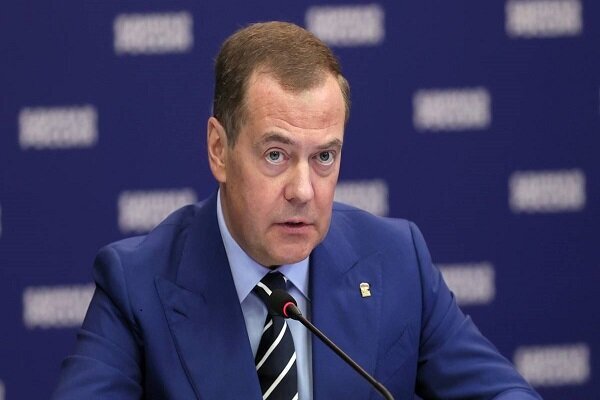Mahmoud Abbas’ Beirut Visit: No Progress for the Palestinian Cause
South Lebanon has recently witnessed a significant yet controversial visit by Mahmoud Abbas, the President of the Palestinian Authority. This visit has sparked discussions around Palestinian rights and the ongoing situation in Lebanon, particularly in light of the treatment Abbas received from factions opposed to the Resistance. Below, we delve into the details surrounding this visit, the implications for Palestinian refugees in Lebanon, and the reactions from various political factions.
During his visit, Abbas was warmly welcomed by Youssef Raji, the Minister of Foreign Affairs, who is aligned with the Lebanese Forces party. This reception was surprising to many, especially since Raji did not address the pressing issue of Israeli violations of Lebanese sovereignty that occur daily. As reported by Agence France-Presse, a government source disclosed that the disarmament of Palestinians in Lebanon’s camps is set to commence in mid-June, following a specific timetable.
Key points regarding the disarmament process include:
- Weapons Handover: An agreement has been reached for the transfer of weapons from Palestinian refugee camps in Beirut, particularly in Shatila and Mar Elias, where the Fatah movement holds significant influence.
- Coordination with Factions: This agreement involves coordination with other Palestinian factions, especially Hamas, despite Hamas’s lack of an official comment on the matter.
- Historical Context: The effectiveness of Palestinian weapons in the camps has been questioned since the 1980s, particularly after the Fatah movement allied with the Lebanese Forces.
Notably, Pierre Rizk, a Lebanese Forces leader associated with the infamous Sabra and Shatila massacres, played a pivotal role in the arms trade during Lebanon’s civil war. This historical backdrop adds complexity to the current disarmament discussions.
Hamas sources have expressed dissatisfaction with Abbas’s unilateral decision-making in communicating with the Lebanese government regarding disarmament. They stress the need for Palestinian refugees to retain their full civil and social rights during this process. The disarmament is perceived as a potential threat to the autonomy and well-being of the Palestinian community in Lebanon.
In a rather ironic twist, Samir Geagea, the head of the Lebanese Forces, praised Abbas as “the Arab president who has always held Lebanon in his heart.” Geagea’s remarks emphasized Abbas’s calls for Palestinian adherence to Lebanese sovereignty and laws, a statement that many believe contradicts the ongoing struggles of Palestinians in Lebanon.
Furthermore, the “Hani Fahs Academy for Dialogue and Peace,” under Prime Minister Nawaf Salam’s patronage, honored Abbas with its “Peacemakers” award. This recognition was purportedly for his efforts in fostering Lebanese-Palestinian reconciliation, attended by various anti-Resistance political figures, including former President Amin Gemayel and Saudi Ambassador Walid Bukhari.
It is essential to note that Abbas’s visit, reportedly orchestrated by the U.S. and Saudi Arabia, has drawn skepticism. Many Palestinians perceive him as a figure who serves Israeli interests rather than those of his own people. His agenda is seen as an attempt to undermine Palestinian resistance, making this visit less significant in the eyes of the Palestinian populace.
While anti-Resistance media outlets framed Abbas’s visit as a strategic milestone, it is largely viewed as part of a broader imperialistic agenda being imposed on West Asia. The context of this visit coincides with reports of Palestinian faction leaders leaving Syria under pressure, with properties confiscated by the authorities.
Among the leaders affected are:
- Khaled Jibril: Son of the founder of the Popular Front for the Liberation of Palestine – General Command.
- Khaled Abdul Majeed: Secretary-General of the Popular Struggle Front in Syria.
- Ziad al-Saghir: Secretary-General of the Fatah al-Intifada Movement.
A Palestinian source revealed that these factions have complied with requests to hand over their weapons and submit lists of members who possess personal arms. Additionally, feelings of being unwelcome have been expressed by Palestinian sources in Damascus, highlighting the complexities of their situation in Syria.
Moreover, recent communications from U.S. President Donald Trump to Syrian President al-Julani have raised alarms. Trump’s suggested deportation of Palestinian figures in exchange for lifting sanctions on Syria has been viewed as a humiliating proposition. The Islamic Jihad Movement has also reported the detention of its leaders by Syrian authorities, further complicating the landscape for Palestinian factions operating in the region.
In conclusion, Abbas’s visit to Lebanon, amidst a backdrop of political maneuvering and the struggle for Palestinian rights, has raised more questions than answers. The implications of this visit for Palestinian refugees in Lebanon and the broader geopolitical tensions in the region are profound and warrant careful consideration as the situation continues to evolve.
